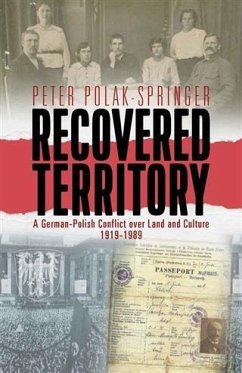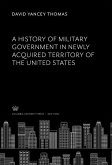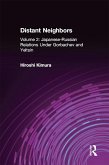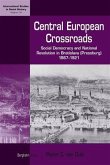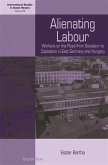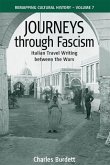Upper Silesia, one of Central Europe's most important industrial borderlands, was at the center of heated conflict between Germany and Poland and experienced annexations and border re-drawings in 1922, 1939, and 1945. This transnational history examines these episodes of territorial re-nationalization and their cumulative impacts on the region and nations involved, as well as their use by the Nazi and postwar communist regimes to legitimate violent ethnic cleansing. In their interaction with-and mutual influence on-one another, political and cultural actors from both nations developed a transnational culture of territorial rivalry. Architecture, spaces of memory, films, museums, folklore, language policy, mass rallies, and archeological digs were some of the means they used to give the borderland a "German"/"Polish" face. Representative of the wider politics of twentieth-century Europe, the situation in Upper Silesia played a critical role in the making of history's most violent and uprooting eras, 1939-1950.
Dieser Download kann aus rechtlichen Gründen nur mit Rechnungsadresse in A, B, BG, CY, CZ, D, DK, EW, E, FIN, F, GR, HR, H, IRL, I, LT, L, LR, M, NL, PL, P, R, S, SLO, SK ausgeliefert werden.

